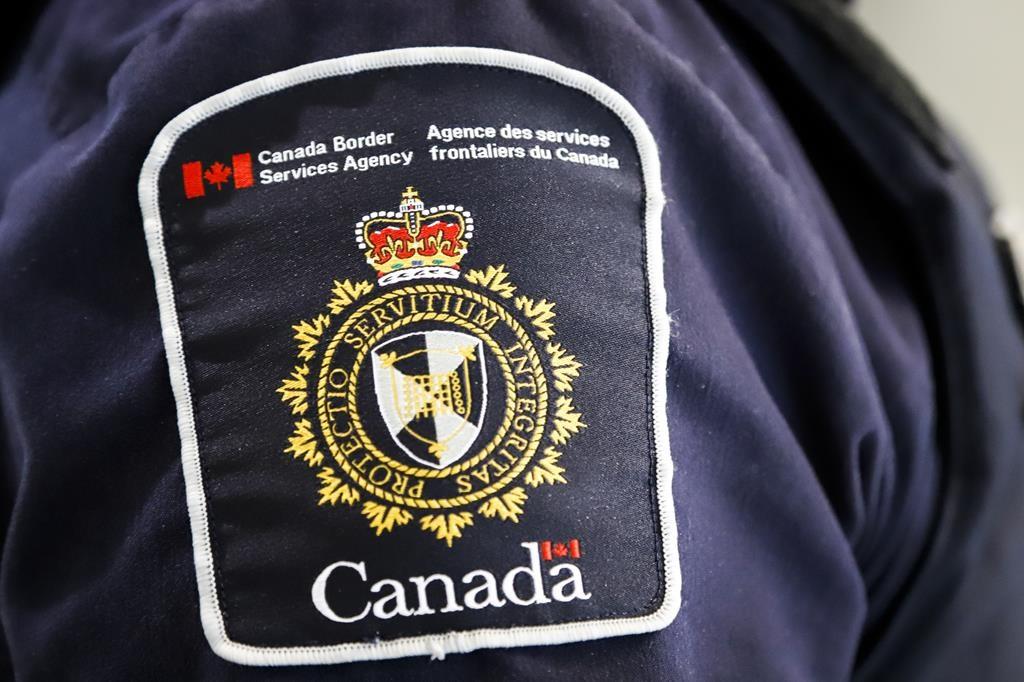The Canada Border Services Agency (CBSA) is targeting a 219 percent increase in the deportation of illegal foreigners from Canadian soil this year, a memo from the agency says.
“The performance objective for total removals in fiscal year 2022 to 2023 is set at 16,312, which represents a 219 percent increase of the prior year’s performance, said the memo, titled “President Transition 2022,” published on Jan. 9, as first reported by Blacklock’s Reporter.





